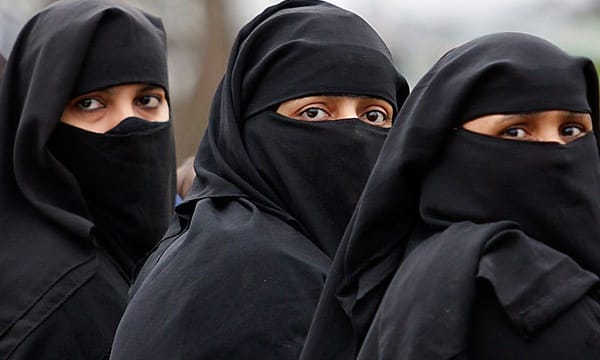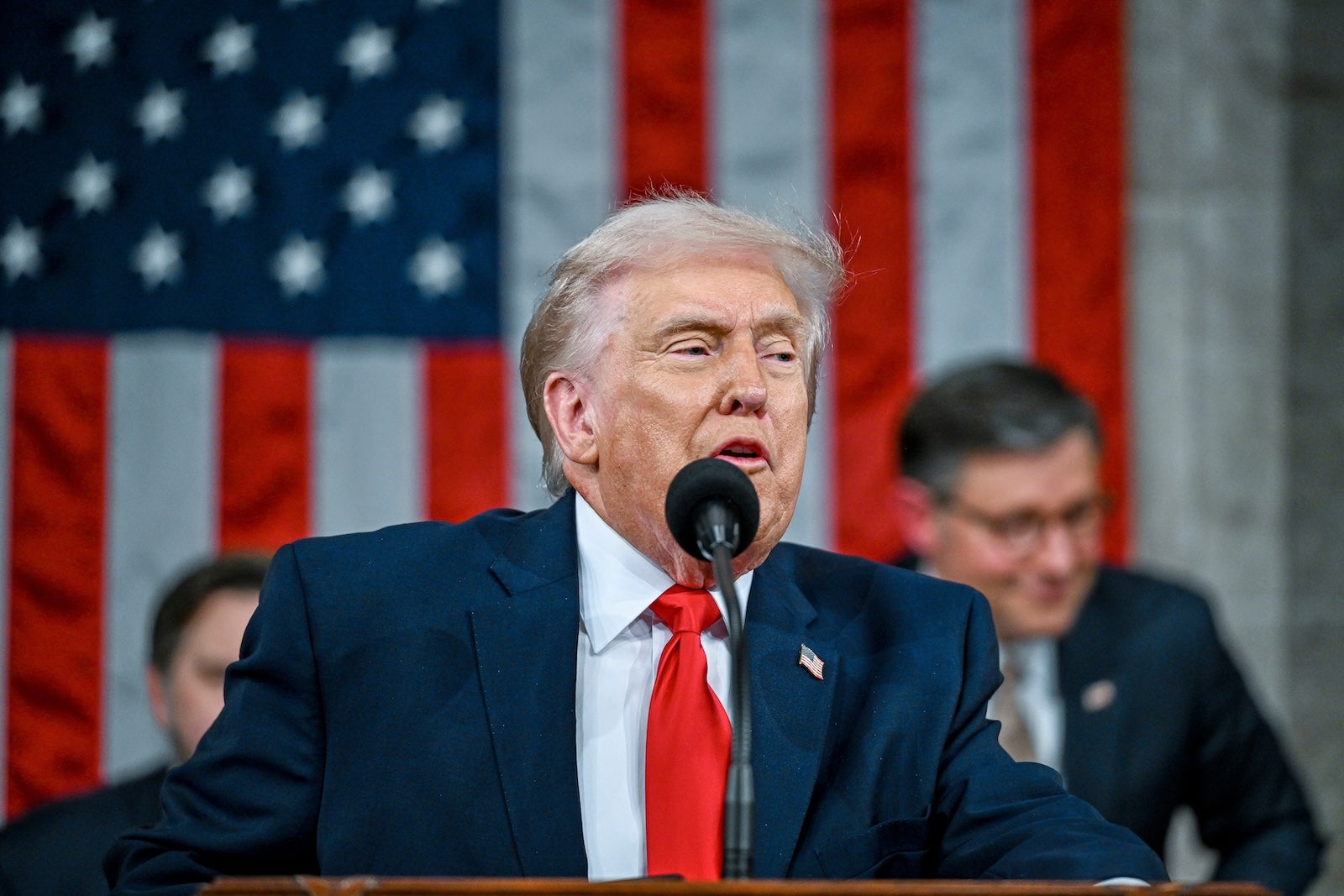Portugal Bans Burqa and Niqab in Public Spaces

Lisbon, Portugal - Portugal's parliament approved a bill on Friday, October 17, 2025, banning face veils worn for "gender or religious motives" in most public spaces, specifically targeting burqas and niqabs commonly worn by some Muslim women.
The bill, proposed by the far-right Chega party led by André Ventura, was approved with support from the centre-right Social Democratic Party (PSD), Liberal Initiative (IL), and the Centre Democratic and Social People's Party (CDS-PP). The Socialist Party (PS), Livre, the Portuguese Communist Party (PCP), and the Left Bloc (BE) voted against the measure. Together for the People (JPP) and People-Animals-Nature (PAN) parties abstained.

Under the approved legislation, fines for wearing face veils in public spaces would range from 200 to 4,000 euros ($234 to $4,670). Forcing someone to wear a face covering would be punishable with prison terms of up to three years.
The ban includes exceptions for face coverings worn on airplanes, in diplomatic premises, and in places of worship. Additional exceptions apply for health reasons or professional, artistic, entertainment, or advertising purposes.
The bill now proceeds to the parliamentary committee on Constitutional Affairs, Rights, Freedoms, and Guarantees for detailed discussion and potential refinement. Portuguese President Marcelo Rebelo de Sousa retains the authority to veto the law or refer it to the Constitutional Court for review.
During Friday's parliamentary debate, Chega leader André Ventura stated, "Whoever arrives in Portugal, wherever they come from, whatever region they come from, with whatever customs and religion they have, must comply with, respect and ensure that the customs and values of this country are respected."
Ventura added, "We are today protecting female members of parliament, your daughters, our daughters, from having to use burqas in this country one day." In a post on X (formerly Twitter), he wrote: "Today is a historic day for our democracy and for the safeguarding of our values, our identity and women's rights."
Andreia Neto, a lawmaker from the ruling Social Democratic Party, said before the vote:
"This is a debate on equality between men and women. No woman should be forced to veil her face."
Socialist Party MP Pedro Delgado Alves accused the "extreme right" of fueling "direct hatred towards these communities," arguing that Muslim communities "also have the right to be respected."
Only a small minority of Muslim women in Europe cover their faces, and in Portugal such veils are extremely rare. According to the 2021 census, Muslims comprise approximately 0.4 percent of Portugal's total population.
If signed into law, Portugal would join several European countries with similar restrictions, including France (2011), Belgium (2010), Austria (2017), Denmark (2018), the Netherlands (2012 partial ban), Norway (educational institutions), and Switzerland (effective January 2025).
Chega cited France and other European Union countries' rationales for banning face coverings as justification for their proposal. France became the first EU country to ban full-face coverings in public spaces in 2010, with the law taking effect in 2011. Then-President Nicolas Sarkozy stated the burqa was "a sign of enslavement and degradation, not a religious sign."
International human rights organizations have criticized similar bans. The UN Human Rights Committee found in 2018 that France's niqab ban violated the human rights of two women, disproportionately harming their right to manifest religious beliefs. Amnesty International designates face veil bans as dangerous policies that infringe upon women's rights, including freedom of expression and religion.

THE CRUSADERS OPINION
Portugal just took a stand for Western civilization and women's dignity.
Banning the burqa isn't Islamophobia; it's common sense. These face coverings symbolize Islamic supremacy and female subjugation, not religious freedom.
Women in free societies show their faces. Period.
The burqa represents everything antithetical to Western values: gender apartheid, isolation, and submission enforced through religious law. Portugal refuses to normalize oppression on European soil.
Critics cry "religious freedom," but where's the freedom for women forced into fabric prisons by male relatives? Chega got it right: those who immigrate must respect Portuguese customs, not impose Sharia norms.
Europe spent centuries fighting Islamic conquest. Now Portugal defends its identity against cultural colonization.
This isn't about individual Muslims; it's about rejecting Islamic practices that contradict human dignity. France, Belgium, Austria, Denmark, Switzerland—all recognize this truth.
Portugal protects its daughters from ever being forced into burqas. That's not hatred; that's leadership.
Western nations must stop apologizing for defending their civilization. Christianity built societies where women have equal dignity. Islam promotes veiling, subjugation, and separate legal status.
The choice is clear: European values or Islamic accommodation. Portugal chose wisely.
Take Action
Support European Nations Defending Western Values: Contact Portuguese officials to express support for this legislation protecting women's rights and national identity.
Advocate for Similar Laws: Encourage your representatives to consider legislation protecting Western cultural values and women's dignity in public spaces.





